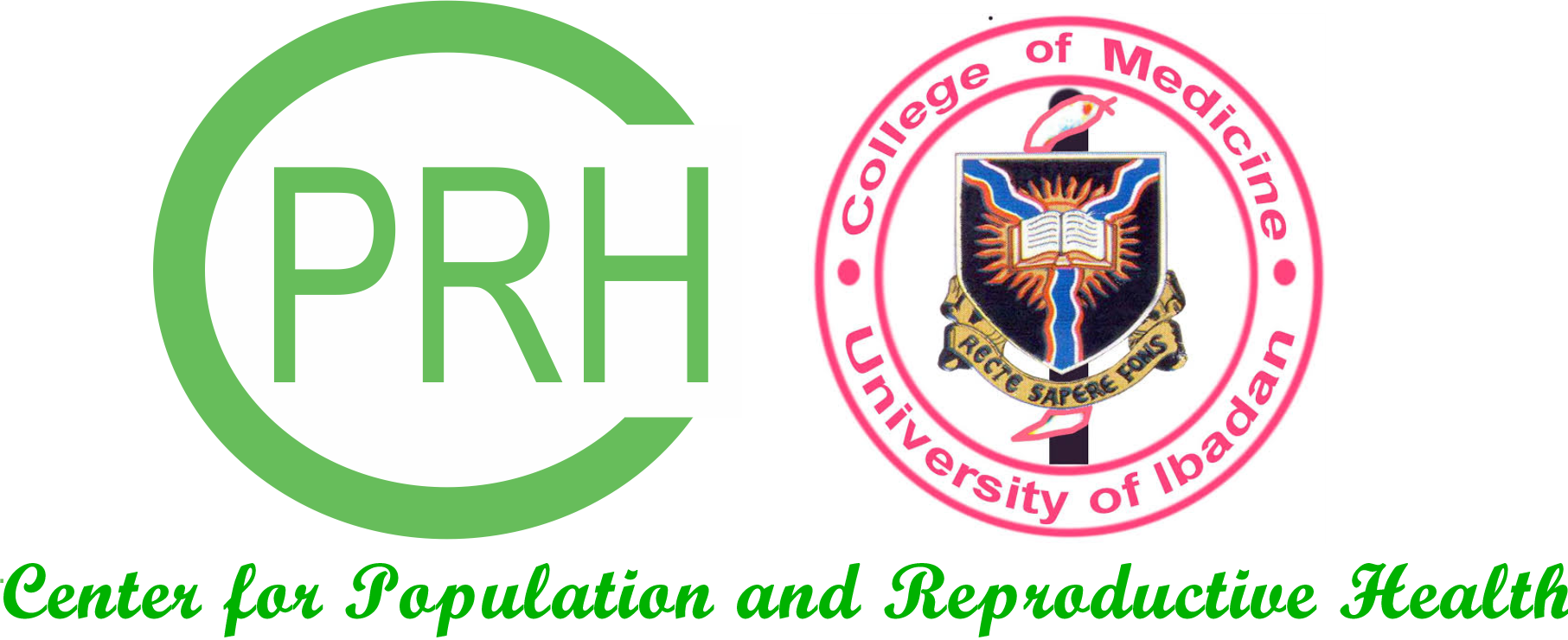Measurement, Learning & Evaluation Project
Background
The global reproductive health community requires strong evidence to support the expansion and development of family planning programs in areas with high unintended pregnancy and maternal and infant mortality. The Bill & Melinda Gates Foundation (BMGF) Reproductive Health (RH) Strategy aims to reduce maternal and infant mortality and unintended pregnancy in the developing world by increasing access to high-quality, voluntary family planning (FP) services. The RH Strategy has been implemented at the country level through the Urban Reproductive Health Initiative (URHI) as well as other funding mechanisms.
The Measurement, Learning & Evaluation (MLE) Project is led by the Carolina Population Center – University of North Carolina at Chapel Hill (CPC-UNC). MLE utilized rigorous methods to evaluate the impact of the URHI on modern contraceptive use in diverse population groups. To this end, MLE in partnership with the National Population Commission (NPC) and Data Research and Mapping Consult, Ltd (DRMC) conducted baseline, mid-term, and endline longitudinal surveys of a representative sample of households and women ages 15-49 years. These surveys were augmented by concurrent facility interviews that provided a detailed picture of the FP supply environment. Additionally, cross sectional household and women’s data collected at endline revealed changes in indicators at the city level at the end of program activities.
The Nigerian Urban Reproductive Health Initiative aims to eliminate supply and demand barriers to contraceptive use and make family planning a social norm in Nigeria. The first phase of the project was conducted from 2009-2014 in six cities: Abuja, Ibadan, Ilorin, Kaduna, Benin and Zaria. Phase II is being implemented for five years (2015-2020) in Lagos and Kaduna States and for three years (2015-2018) in Oyo State.
Currently ongoing, the NURHI Sustainability Study began in early 2017 to evaluate the sustainability of NURHI’s impact on processes and outcomes. The Sustainability Study will utilize household and facility-based surveys coupled with qualitative interviews to evaluate the lasting impact of the NURHI program.
Activities
The Center for Population & Reproductive Health (CPRH) was subcontracted to conduct the qualitative arm of the study. Our Activities include the following:
- Pilot the survey guides before implementation;
- Conduct key informant interviews with approximately 5 key government stakeholders in each city: Ilorin, Kaduna, and Jos;
- Conduct key informant interviews with 1 facility administrator and 1 family planning staff member in each facility included (10 facilities in Ilorin and 5 facilities in Kaduna);
- Conduct 6 focus group discussions with 8-10 women in each city: Ilorin, Kaduna, and Jos;
- Transcribe and translate all interviews into English;
- Code all transcripts.
The study was piloted in Ibadan, Nigeria among government stakeholders, family planning providers and women in the communities. Advocacy visit were then paid to the participating states aimed at providing relevant stakeholders in the state with details of the NURHI Sustainability project and to enlist their support to ensure the smooth running of the project. Stakeholders were informed about the project and the framework for the conduct of the qualitative interviews. This was followed by an intensive training exercise of all recruited field staff. The training comprised of both classroom and practical sessions (field test, role plays and group work). The classroom session provided instructions in interviewing techniques, field procedures, detailed review of the interview guides, ethics and roles of each study team member. Role play of interviews were conducted in the classroom before taking the teams to the field for practical experience.
The training took place between 18th-20th June, 2018 in the Federal Capital Territory, Abuja, Nigeria. Present at the training were team members from CPRH, MLE, NURHI and DRMC. Also present were the data collectors who were screened and certified to have the necessary qualification and ethics certifications.
Following training, the data collectors departed to their respective states and field work commenced. The duration of the field work was between 18th of June – 12th of July, 2018.
Summary of Interviews Per State
| Ilorin | Kaduna | Jos | |
| Stakeholders | 5 | 6 | 5 |
| Facility Stakeholders | 20 | 11 | – |
| FGD | 6 | 6 | 6 |
| Total | 31 | 23 | 11 |
A total of 178 women participated in the FGD – 59 in Jos, 53 in Kaduna and 66 in Ilorin. All FGD and KII were transcribed.
All interviews have been transcribed and coded, data analysis and report writing is currently ongoing.
Over the years, CPRH has pioneered and provides leadership for acquisition of RH service and research skills and has been in the forefront of translation of research into practice aimed at improving the quality of maternal, newborn and child health in the country

CPRH has a good complement of consultants who are available to participate from the Departments of Obstetrics and Gynecology Health Promotion and Education, Epidemiology, Biostatistics and Demography, Community Medicine, Institute of Child and Adolescent Health Sociology, among others combined to provide a wealth of experience and expertise that will effectively execute the tasks detailed therein.

In 2007, the success story recorded from the strengthen EmONC programs conducted for UNFPA in Northwestern Nigeria tagged “Kasoke EOC training” meaning “Nullify maternal Mortality” in the state of Katsina, Sokoto, and Kebbi” by significant reduction in MMR and improve quality and utilization of care was partly responsible for CIDA – Canadian International Development Agency to release further funds to UNFPA in 2008 to April 2009 for expansion to other six states of Nigeria by our team.

